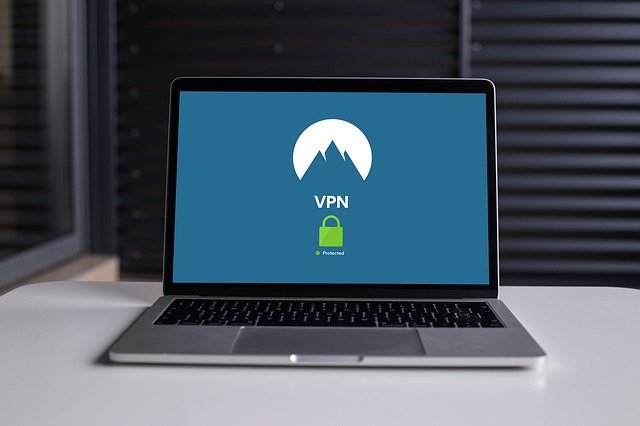Waarom een VPN gebruiken?
Er zijn dozijnen VPNs op de markt vandaag, en ongetwijfeld heb je er al reclame voor gezien her en der.
Vandaag leg ik zeer kort uit wat een VPN is, en waarom een VPN gebruiken zo handig (en naar mijn mening nodig) is.
Wat is een VPN?
Een VPN is een Virtueel Particulier Netwerk (in het Engels een Virtual Private Network).
Het is een stuk software dat ervoor zorgt dat je IP-adres gemaskeerd zal worden, en je internetverbinding volledig versleuteld en beveiligd zal worden.
Iedereen heeft een IP-adres, een serie getallen die aantonen waar jij, of meer specifiek je computer of ander apparaat dat verbonden is aan het internet zich bevindt.
Een VPN neemt jouw verbinding en stuurt die eerst naar een andere server ergens in de wereld (je kan kiezen waar), en via die andere server maak je dan verbinding met het internet.
Als iemand jou dan wil opsporen, komen ze gewoon uit op het IP-adres van die server elders in de wereld.
Zeer handig, en persoonlijk maak ik zeer vaak gebruik van een VPN.
Waarom een VPN gebruiken?
Een VPN gebruiken kan je om meerdere redenen doen:
- Privacy: geen zin om met eventuele hackers of je overheid te delen wat jij allemaal uitspookt op het internet? Dan kan een VPN soelaas bieden, want in theorie kan men niet achterhalen wat jij precies doet. Dat betekent ook dat websites je niet kunnen volgen en je bepaalde advertenties sturen
- Toegang tot “verboden” bronnen: in bepaalde landen zijn er restricties op het vlak van internetgebruik. Zo kan je in China bijvoorbeeld tal van websites niet bereiken, of kan je vanuit bepaalde landen sommige Europese websites niet openen. Door een VPN te gebruiken kan je gewoon instellen dat je in een ander land bent (zogezegd) en alle restricties opheffen. Dit is zeer handig als je een online zaakje opricht en je op andere landen zoals China richt
- Persoonlijke informatie verbergen: hackers en bedrijven kunnen met zeer weinig moeite achterhalen wie jij bent, en (met meer moeite) gevoelige informative achterhalen. Denk dan aan persoonsgegevens en ook financiële data. Door het gebruik van een VPN lijkt al je online communicatie op onzin
- Vermijden van data-restricties: dit is niet geldig voor iedereen, maar als je bij een bepaalde internetdienst zit met een limiet op hoeveel data je kan gebruiken per maand, kan het voorvallen dat je internetverbinding plots een pak trager wordt zodra je die limiet hebt bereikt. Dat is enorm irritant, want aan 100 kbs/seconde kan je weinig doen. Door een VPN te gebruiken kan je internetvoorziener moeilijker zien hoeveel data je gebruikt
Kortom, waarom zou je een VPN gebruiken? Omdat het veiliger is en je privacy online veel meer kan garanderen.
Een VPN is niet gratis. Als je gratis diensten hebt, zijn de meestal de moeite niet waard.
De meeste VPNs kosten slechts een paar euro per maand, en persoonlijk vind ik dat volledig zijn geld waard.
Op dit moment gebruik ik Private Internet Access, waar ik enorm tevreden over ben.
Andere goede diensten zijn NordVPN en ProtonVPN.
HideMyAss verdient een eervolle vermelding vanwege de naam, want die omvat min of meer de essentie van een VPN.
Als je gewoon sporadisch online surft en niets anders doet, dan is een VPN niet nodig.
Maar als je, zoals 90% van de online gebruikers tegenwoordig, online communiceert met familie en vrienden, aan online bankieren doet, en andere zaken die toch wel van belang zijn, is een VPN volgens mij absoluut nodig.



